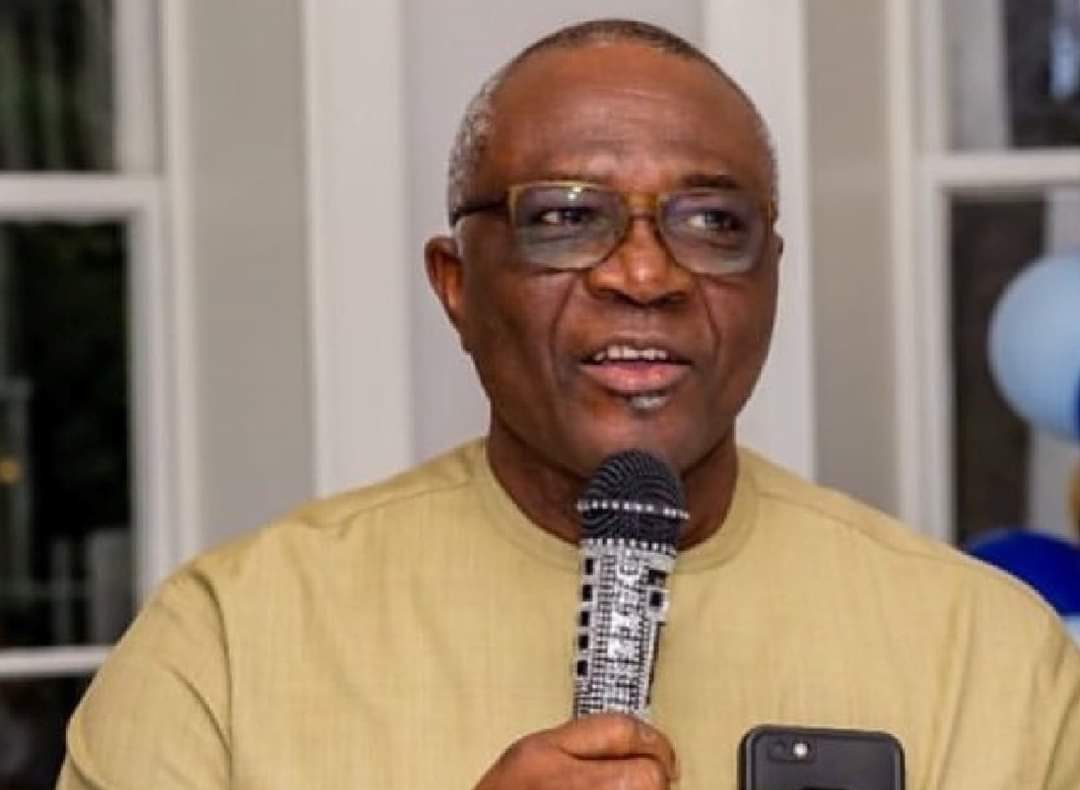Nigeria’s Presidency has announced plans to transition the collection of fees in Naira instead of US dollars or other foreign currencies by the Nigerian Port Authority (NPA) and the Nigerian Maritime Administration and Safety Agency (NIMASA).
This move is embodied in the Economic Stabilisation Bill recently sent to the National Assembly, aiming to prioritize the use of local currencies and reduce pressure on the foreign exchange market.
According to Mr. Bayo Onanuga, Special Adviser to the President on Information and Strategy, the change will apply to all fees, charges, levies, fines, and other monies accruing to these agencies.
The applicable exchange rate will be used for transactions.
“This government wants to put a lot of emphasis on our national currency instead of everything being dollarised in our economy,” he said.
This initiative is part of President Bola Tinubu’s administration efforts to emphasize the importance of Nigeria’s national currency.
By doing so, the government hopes to curb the dollarization of the economy and promote the use of the naira.
These measures demonstrate the government’s commitment to stabilizing the economy and promoting local currency usage.
The proposed changes are expected to have a positive impact on Nigeria’s economic landscape.
Persecondnews recalls that the Federal Executive Council (FEC) recently approved the sale of crude oil by the Nigerian National Petroleum Company (NNPC) Ltd. to local refineries, including the Dangote Refinery, in Naira rather than U.S. dollars.
Similar to the NIMASA and NPA proposals, this move aims to reinforce the use of local currency in large-scale transactions.
The naira has experienced significant volatility in the past 14 months, particularly following June 2023’s unification of the foreign exchange market.
After stabilizing at around N750/$, it closed 2023 at N907/$.
While the currency briefly surged in early 2024, becoming the best-performing currency in April, it has since resumed its depreciation, hovering around N1,600/$ in recent weeks.























Leave a comment